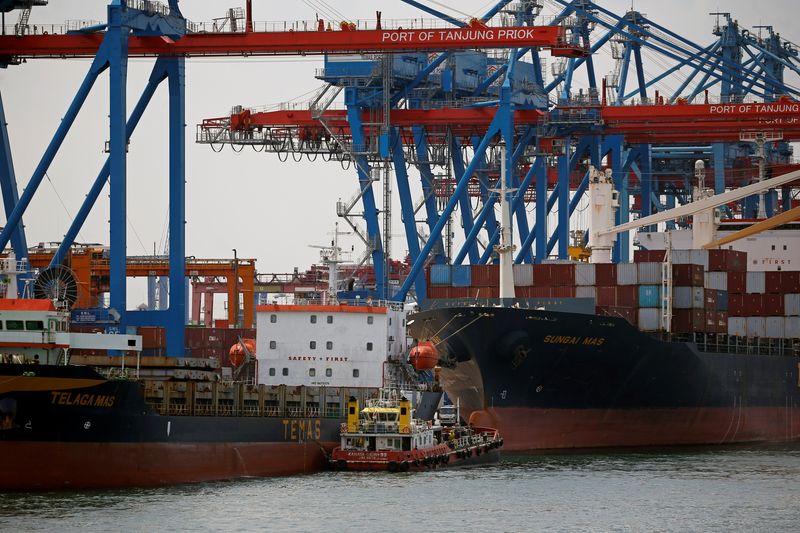By Dewi Kurniawati
JAKARTA (Reuters) – Indonesia and Canada on Monday signed a Comprehensive Economic Partnership Agreement (CEPA) that aims to strengthen economic ties between the two G20 members, three years after negotiations began.
The agreement will take effect in 2026 and was signed in Jakarta by trade ministers of both countries.
Indonesia’s trade minister, Budi Santoso, said Indonesia appreciated Canada’s support for its plan to prioritise its critical minerals sector, which was vital for its sustainable growth.
“Together, we advance sustainable critical mineral management, supporting Indonesia’s net zero target by 2060, and fostering Canadian investment while driving green growth in both nations,” he told a joint press conference.
Indonesia has rich deposits of tin, copper and bauxite, among others, and is the world’s largest source of nickel ore.
Under CEPA, Indonesia will see liberalisation of 90.5% of the total tariffs for goods entering Canada with a trade value of $1.4 billion.
Two-way trade between Indonesia and Canada was $3.4 billion last year, according to with Indonesia’s trade ministry. Canada has estimated bilateral trade at $5.1 billion in 2023.
Canada’s main exports to Indonesia were agriculture products fertilizers, while Indonesia mainly exported machinery and electrical machinery as well as garments and footwear.
Canada’s international trade minister, Mary Ng said the country’s cattle industry was also represented on the Jakarta visit and looking to play a part in President Prabowo Subianto’s signature programme to provide free school meals from next year.
Asked about U.S. President-elect Donald Trump’s plan to impose 25% tariffs on Canadian goods, Ng told Reuters: “We need to work with the Americans and we’re committed to doing that and that work will certainly continue”.
“The good news here is that Canada and Indonesia in the negotiating of this trade agreement means that we are creating a predictability of our trading relationship, bringing down tariffs,” she added.



